IMF conditions: Scheme unveiled to extract Rs150b tax
Tax exemptions equivalent to 0.5% of GDP to be withdrawn
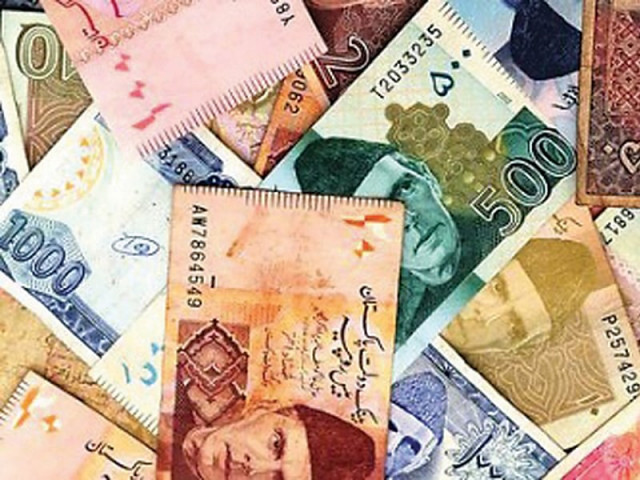
Tax exemptions equivalent to 0.5% of GDP to be withdrawn. STOCK IMAGE
Amid concerns of continued protection to some of the politically well-connected sectors, the federal government on Friday unveiled its plan to withdraw over Rs150 billion in tax exemptions from July this year under a condition imposed by the International Monetary Fund (IMF).
The government wants to build on the achievements of the first phase when it withdrew Rs104 billion worth of tax exemptions from July last year. The blueprint for the second phase of withdrawal was discussed during a meeting held in Islamabad chaired by Finance Minister Ishaq Dar.
From the new financial year 2015-16, the government has proposed withdrawing tax exemptions equivalent to 0.5% of the Gross Domestic Product (GDP), according to officials privy to the discussions. The estimated size of the economy for the next fiscal year is over Rs39 trillion and a half percentage of GDP amounts to Rs195 billion.
However, Federal Board of Revenue (FBR) officials said it would not be possible to withdraw Rs195 billion tax exemptions in a single year and the plan was to withdraw exemptions in the range of Rs135 billion to Rs150 billion. The move is aimed at further reducing the budget deficit to close to 4% of GDP from the next fiscal year 2015-16.
The second-phase will cover tax exemptions given on account of customs duties, sales tax and income tax.
Under a condition put forth by the IMF for its $6.6 billion loan programme, Pakistan is bound to rationalise its tax regime which is currently tilted in favour of the wealthy segments of society. The FBR has worked out the cost of tax exemptions at Rs477 billion per annum and in the first phase, the government withdrew Rs104 billion exemptions.
“In the second phase of the plan, all residual concessions (and) exemptions either in the SROs or Schedules shall be withdrawn over the next year except socially sensitive concessions,” said Finance Minister Ishaq Dar. Dar told the meeting that tax exemptions on crude oil import and pensions will not be withdrawn.
However, the government is not going to touch the automobile sector in the next phase as well, revealed the sources. The Statutory Regulatory Orders (SRO) of 655 and 656 that have granted tax exemptions to vendors of automotive sector and the assemblers of cars were not discussed during the meeting, the sources added.
The government is giving Rs30 billion in annual benefits to the auto sector that has become a cartel and been fleecing consumers.
Similarly, the government also hinted at tax exemptions to dairy sector and poultry sector, as people close to the ruling party are doing business in these two sectors, said the sources.
Additionally, it was proposed to enhance sales tax rates from 5% to 17% for the textile sector, said the sources. In the last budget too, the FBR wanted to introduce the standard 17% sales tax rate on textile goods in order to fetch revenue worth Rs65 billion. However, due to the sensitivity of the issue, the government decided not to completely withdraw the concessionary rates.
Tax experts say as a result of the ongoing exercise some industries might become more competitive but others might lose their edge in the domestic and international markets. They say it would not be wise to touch the textile sector, which is increasingly becoming uncompetitive in the international market.
Published in The Express Tribune, March 21st, 2015.




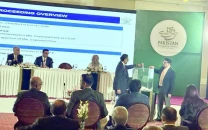
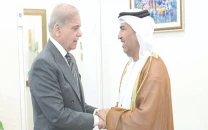
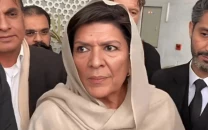
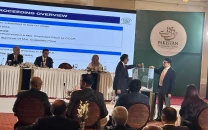

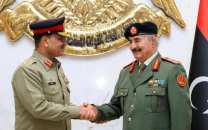


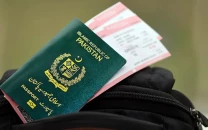






COMMENTS
Comments are moderated and generally will be posted if they are on-topic and not abusive.
For more information, please see our Comments FAQ